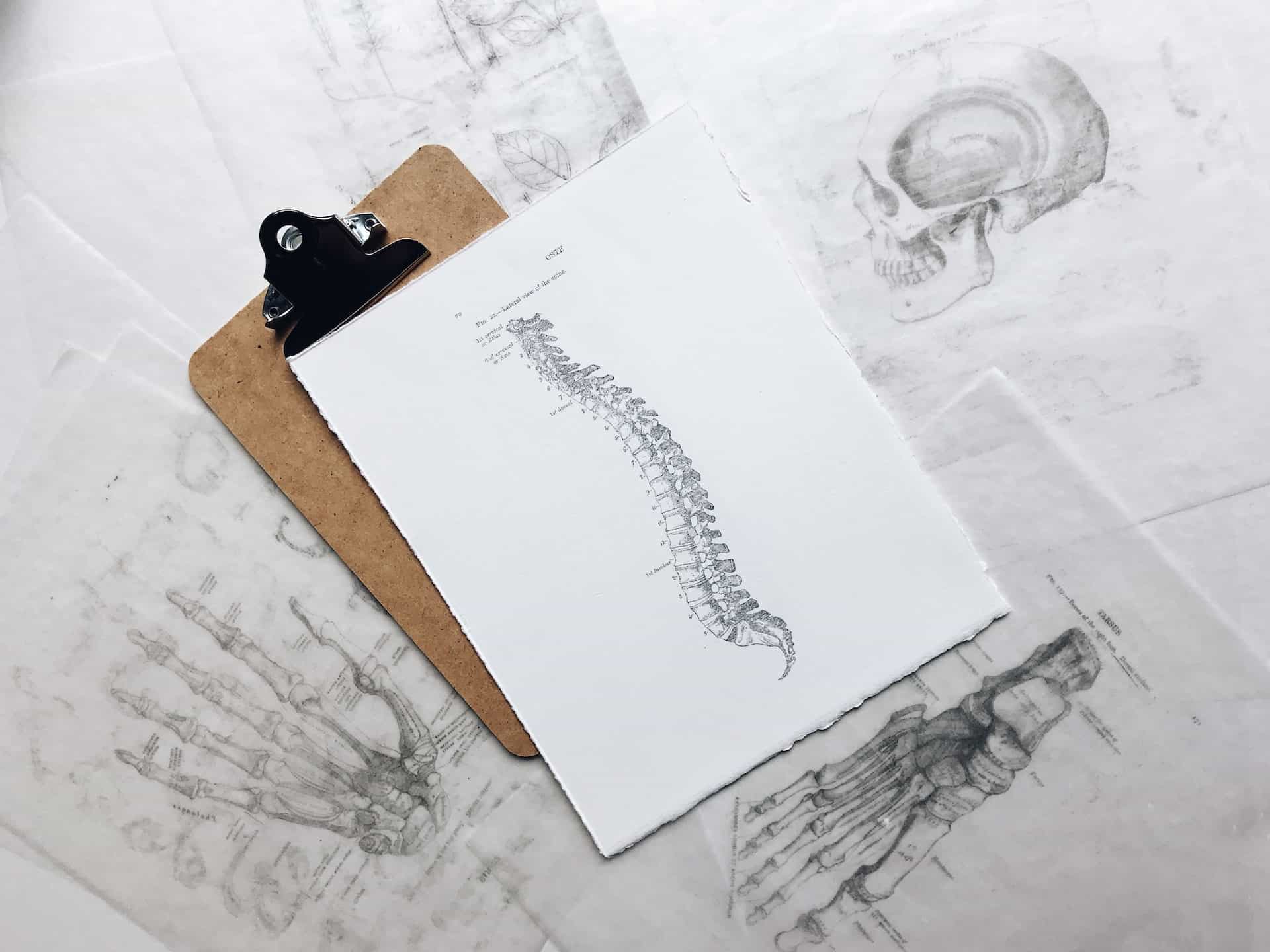Being injured in an accident can cause massive upheaval for the injured person and their family. Sometimes it is necessary to seek compensation from the person that caused the accident to attempt to restore the quality of living experienced before the accident.
An essential part of a personal injury claim is establishing the extent of the injury sustained and the impact that it has had on the person. Evidence from medical practitioners is often required. This raises the question of whether the defendant can require the injured plaintiff to attend an independent medical examination in an attempt to rebut the cause or seriousness of the injury.
This article reviews the circumstances in which the plaintiff may be required to attend a medical exam at the defendant’s insistence. It will also include a summary of a recent decision of the Supreme Court of British Columbia in which the defendant sought an order requiring the plaintiff to attend a psychiatrist exam.
The importance of medical evidence in a personal injury claim
A key aspect of a negligence claim is the plaintiff’s requirement to prove that they have suffered an injury due to an accident resulting from the defendant’s negligence. If this requirement is not met, it will be very difficult to negotiate compensation for the plaintiff.
Proving an injury and its causation may require evidence from medical practitioners, such as the doctor who treated the plaintiff. However, the defendant may also want to obtain their own evidence. If the parties cannot agree on which sort of examination or examinations should take place, they may ask a court to decide.
The court can order a plaintiff to attend a medical examination
Under the Supreme Court Civil Rules, a court can order a person to be examined by a medical practitioner or another qualified person. Rule 7-6 states that if a person’s physical or mental condition is in issue, the court may order an examination and even a further examination. The medical practitioner can ask relevant questions concerning the person’s medical condition or history.
The court is also able to order that the results of the exam be put in writing and distributed to the parties.
The purpose is to put the parties on an equal footing
The court may order a plaintiff to undergo an examination so the parties are on an equal footing concerning medical evidence.
However, the defendant bears the burden of proving that the examination is necessary. The courts have also said that fairness does not necessarily mean that the defendant is entitled to match expert for expert. It needs to determine whether the exam sought is proportionate regarding the claim and its complexity.
Finally, the application for the plaintiff to attend an exam must be brought in a timely manner to not unduly prejudice the plaintiff.
Plaintiff was injured in a motor vehicle accident
In Draoui v McLintock, the plaintiff was involved in a motor vehicle accident. While the defendant admitted liability, he argued that the plaintiff’s injuries were not caused by the accident.
The plaintiff, who was 15 at the time of the accident, claimed that she had sustained injuries to her neck, shoulders and back. Records from the hospital after the accident showed that the plaintiff hit the vehicle console with her knees and left arm.
After returning to normal activities, the plaintiff’s left knee pain became worse and she was seen by an orthopedic surgeon. The defendant’s lawyer also arranged for the plaintiff to see an orthopedic surgeon. Both doctors thought that external stressors may have contributed to the knee pain. The plaintiff received treatment for complex pain, which substantially improved the issue to the point that there was now only occasional knee pain.
Defendant applied for an order requiring the plaintiff to see a psychiatrist
Due to external stressors, the defendant’s lawyer arranged for the plaintiff to attend an examination by a psychiatrist. The plaintiff refused to attend, so the defendant applied to the court for an order requiring her attendance.
The defendant argued that this examination was necessary because the doctors had been unable to identify the cause of the knee pain. The defendant’s orthopedic surgeon agreed that an assessment by a psychiatrist would likely assist with explaining the plaintiff’s clinical presentation.
The plaintiff responded, noting that she was not claiming that the accident caused a psychological or psychiatric injury, so her psychological state was not in issue in the proceedings.
Court refused to order the plaintiff to attend the examination
Master Bilawich sought to determine whether the psychiatrist examination was necessary and proportionate. The Master noted that the plaintiff’s complex pain treatment had been successful and the knee pain was now less significant. As a result, the psychiatrist’s evaluation would only be able to potentially help to explain a “brief and somewhat limited phase” of the knee complaint. In particular, the defendant’s orthopedic surgeon did not say that the assessment would help understand the current knee issues.
Given the invasive nature of the psychiatrist examination and its limited utility, the Master decided that the proposed psychiatrist examination was not necessary or proportionate. As a result, the court dismissed the defendant’s application.
Contact Meridian Law Group in Vancouver for Representation in Personal Injury Claims
If you have been injured in a motor vehicle accident or another incident, the seasoned personal injury lawyers at Meridian Law Group in Vancouver will provide you with the advice and representation you need to obtain the compensation required to move beyond your injury. We guide you through the entire process and will protect you from unnecessary medical examinations.
Meridian Law Group is located in Vancouver and represents clients throughout the lower Mainland and British Columbia. To arrange a confidential consultation for your personal injury matter, please call 604-687-2277 or reach out online.


